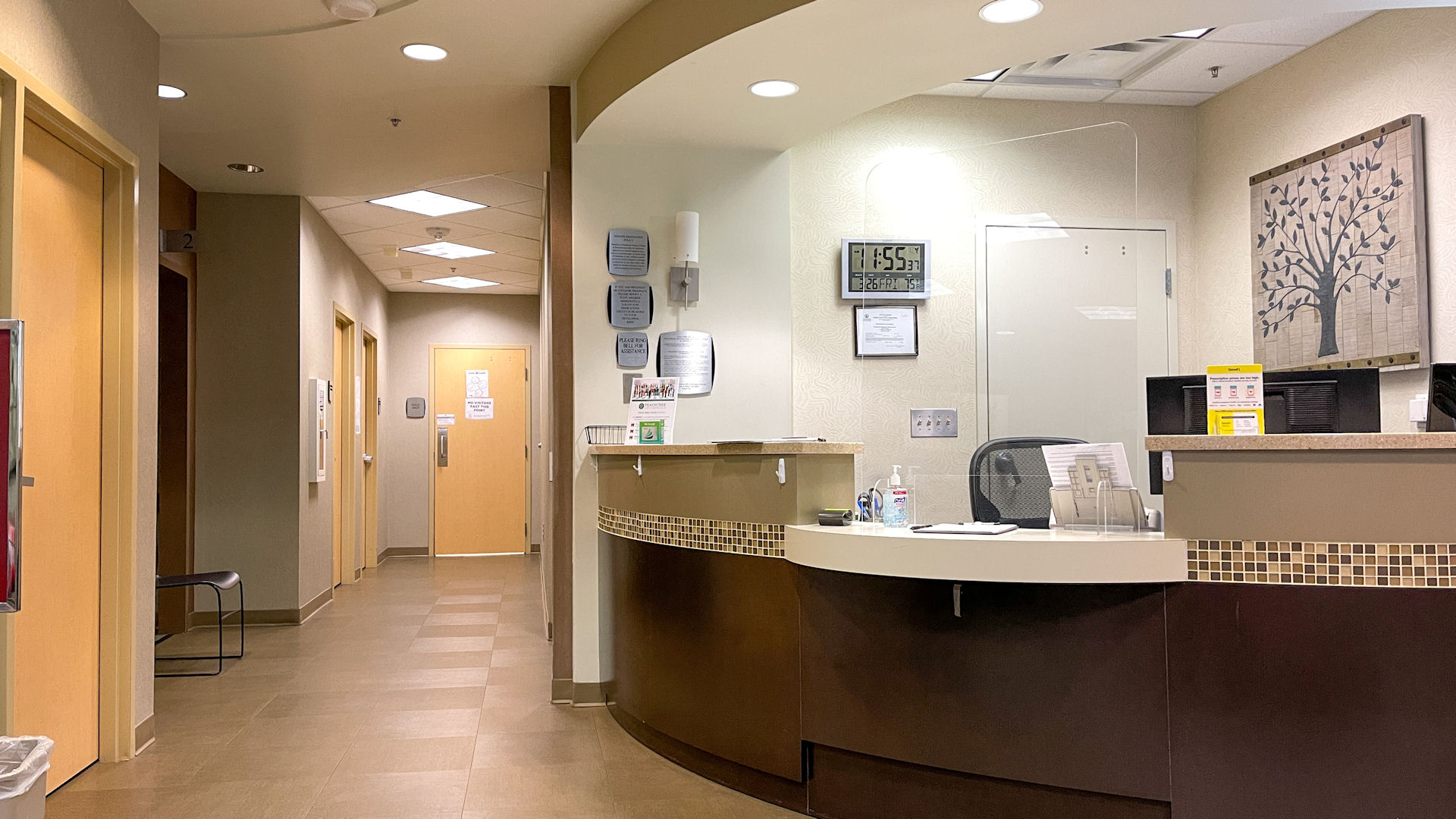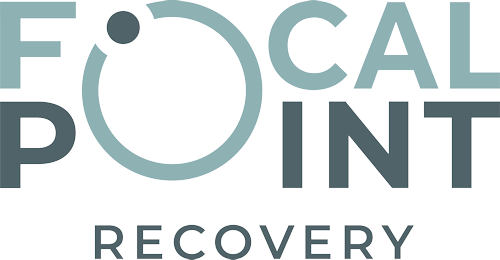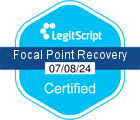If you’ve reached the point where you feel like you can’t go to your job sober, it can feel overwhelming, isolating, and even hopeless. You’re not alone—many people in high-stress careers find themselves in this situation. The good news is that help is available, and with the right steps, you can reclaim both your professional and personal life.
At Focal Point Recovery, we specialize in helping working professionals overcome addiction while balancing their career demands. This guide is here to walk you through what to do if you’re struggling to stay sober at work and how to get the help you deserve.
It’s easy to downplay the severity of substance use when you’re focused on work deadlines, job-related stress, and everyday life responsibilities. But when your reliance on substances begins to interfere with your ability to function, it’s time to take a step back and assess the situation.
Signs you may need help:
- – Using substances to manage stress or cope with workplace demands.
- – Feeling like you need drugs or alcohol to face the day.
- – Struggling to focus or perform tasks without using.
- – Worsening relationships in your personal life or at work.
Admitting that you need help isn’t a weakness—it’s a strength. Taking that first step shows courage and a commitment to a healthier future.
Why It Happens
Addiction often develops as a response to job-related stress, unresolved mental health struggles, or a combination of both. High-pressure jobs, long hours, and lack of support can create the perfect storm for substance abuse.
When left untreated, a substance use disorder can spiral, affecting not just your career but also your relationships, physical health, and emotional well-being. That’s why early intervention is so important.

What to Do When You Can’t Go to Work Sober
If you cant go to job sober or you’re struggling to stay sober while at work, here’s what to do:
1. Be Honest With Yourself
Acknowledging the problem is the first step. You can’t fix what you don’t confront, and understanding that you need help is a powerful moment of clarity.
2. Talk to Someone You Trust
Reach out to a close friend, family member, or colleague who can provide emotional support. Building a support network is essential when you’re facing addiction.
3. Seek Professional Help
This is the most important step. Professional addiction treatment can help you address the root causes of your substance use, whether it’s mental health challenges, stress, or other factors.
Treatment options may include:
- – Inpatient or outpatient programs at reputable treatment centers.
- – Therapy to address workplace triggers and teach healthy coping mechanisms.
- – Building a support group to stay accountable and connected.
4. Consider Taking Time Off
While it may feel impossible to step away from work, taking a leave of absence to focus on recovery can be life-changing. Many employers are supportive of employees seeking treatment and may offer resources to help.

How Focal Point Recovery Can Help
At Focal Point Recovery, we understand the unique pressures professionals face when it comes to addiction and work. Here’s why we’re the right choice:
1. Tailored Programs for Professionals
We offer flexible, confidential care designed to fit your schedule, so you can focus on recovery without sacrificing your career.
2. Holistic Addiction Treatment
Our programs address both the physical and emotional aspects of addiction, including mental health challenges and stress management.
3. Strong Support Systems
We help you build a lasting support network, both during treatment and after you’ve returned to work.
Moving Forward
Deciding to seek treatment is a big step, but it’s one that will open the door to a healthier, more fulfilling life. Remember: you don’t have to do this alone. With the right help, you can not only overcome addiction but also thrive in your career and personal life.
If you’re ready to take the next step, Focal Point Recovery in Huntington Beach is here for you. Reach out today to learn how our expert, compassionate team can guide you toward a brighter future. You’ve got this, and we’ve got your back.
FAQs: What to Do When You Can’t Go to Your Job Sober
Staying sober in a high-stress job begins with creating a plan that includes self-care, setting clear boundaries, and seeking professional help if needed. You can also incorporate stress-relief techniques, such as deep breathing, and find support through resources like therapy or Narcotics Anonymous.
Work stress, especially in high-stress environments, can sometimes lead individuals to use substances as a coping mechanism. Over time, this reliance can turn into dependency, making it challenging to stay sober without professional intervention.
To manage work stress and stay sober, practice mindfulness techniques like deep breathing, spend time engaging in hobbies, or join a support network such as Narcotics Anonymous. Establishing clear boundaries between your work and personal life can also help reduce stress and maintain sobriety.
If your current role significantly impacts your ability to stay sober and healthy, you might consider looking for a new job in a less stressful environment. However, it’s also worth exploring addiction treatment or therapy to address underlying issues and learn coping strategies before making a career change.
Balancing sobriety and a busy work schedule requires prioritizing your recovery. Make time for therapy, support groups, or healthy coping strategies. If your schedule is overwhelming, consider speaking with your employer about adjustments or seeking outpatient treatment programs that fit your needs.
Narcotics Anonymous (NA) provides a support network where you can connect with others who understand your struggles. Regular meetings can help you develop strategies for staying sober, managing work stress, and navigating challenges in your work life.
Setting clear boundaries involves separating your work responsibilities from your recovery efforts. This could mean limiting overtime, scheduling recovery-focused activities after work, and communicating with colleagues or managers about your needs in a professional and appropriate manner.
Relapsing in a high-stress job is not the end of your recovery journey. Acknowledge the setback, reach out to your support network, and consider seeking additional help from a treatment program or therapist. The goal is to learn from the experience and strengthen your commitment to sobriety.




